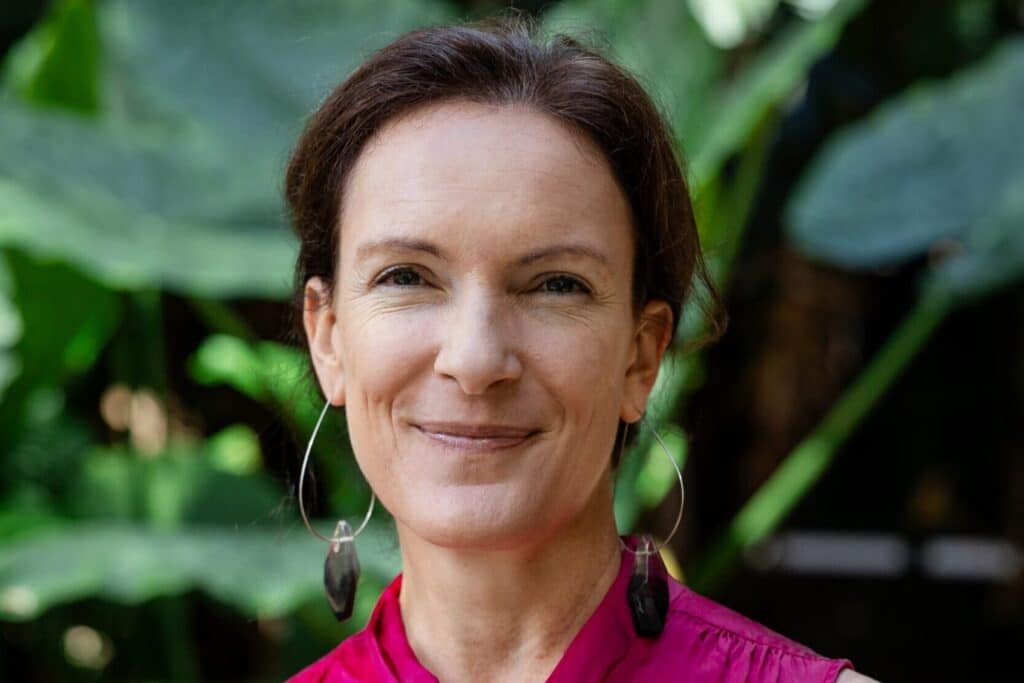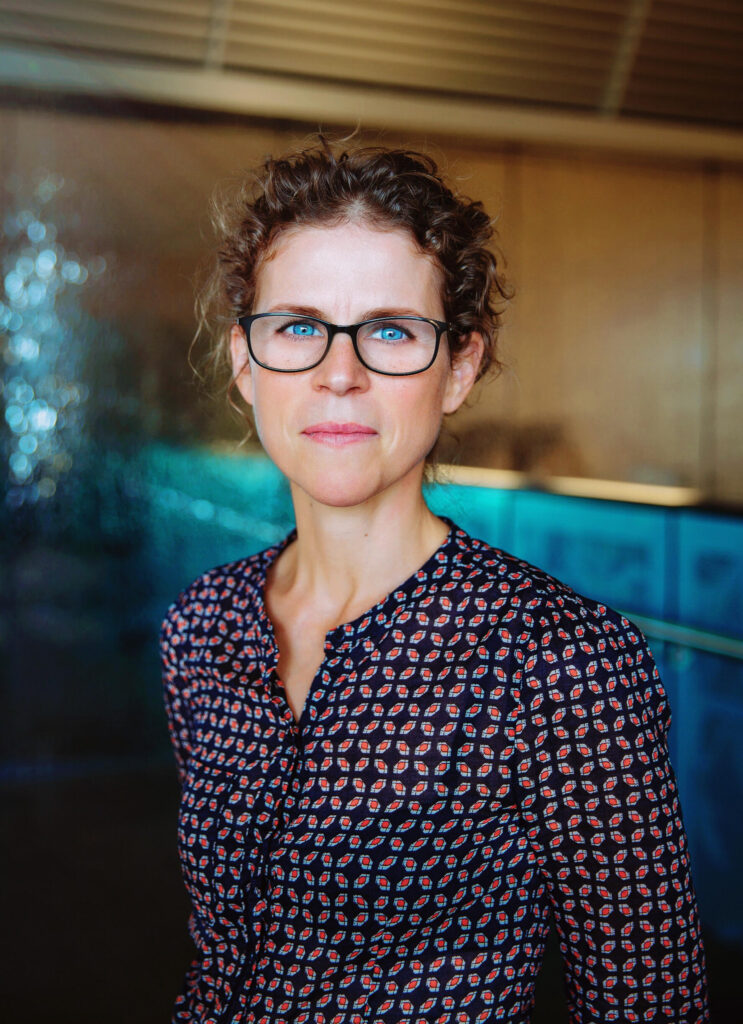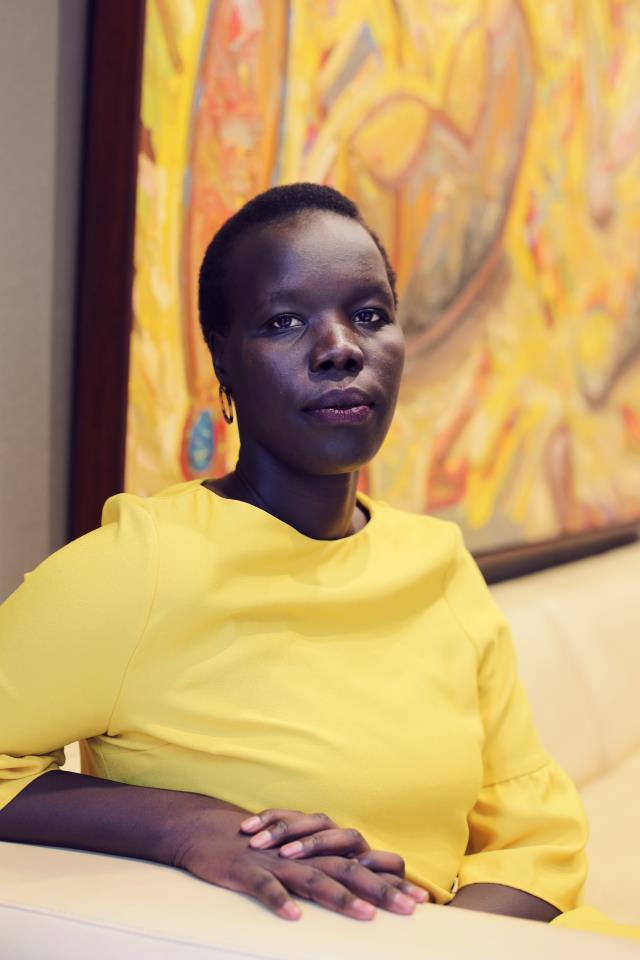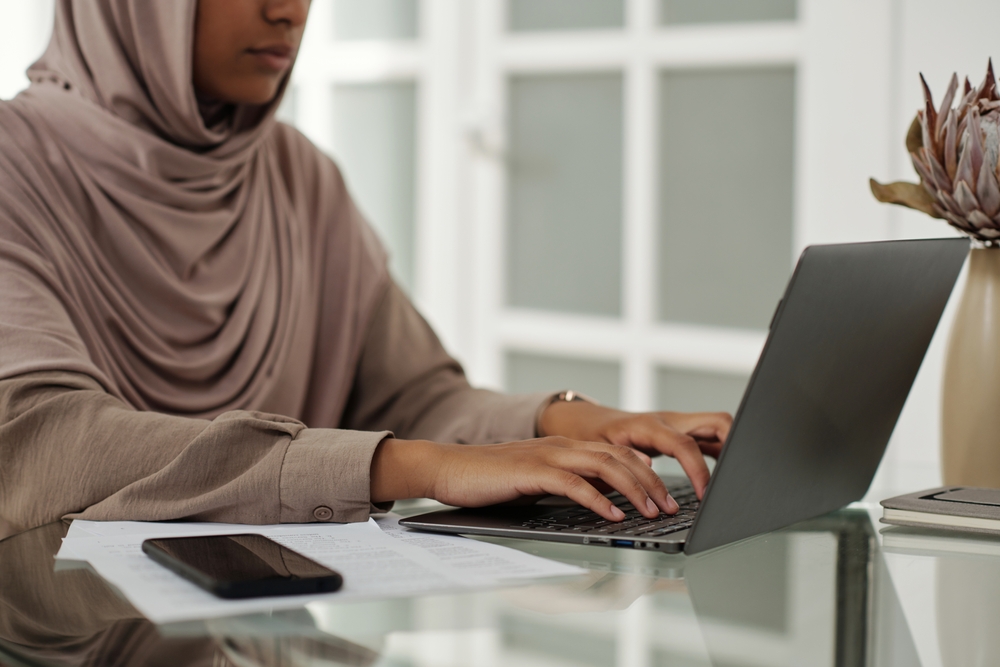The intersecting challenges of racism, sexual harassment and exploitation at work are affecting migrant and refugee women in Australia at alarming rates.
Australia’s National Research Organisation for Women’s Safety (ANROWS) has today released a global study examining the severe challenges that migrant and refugee women face in Australian workplaces.
Last year, ANROWS found nearly half (46 per cent) of migrant and refugee women have experienced workplace sexual harassment within the last five years. The organisation’s latest research expands on these findings and forms part of the 2021–2024 ANROWS Sexual Harassment Research Program.
The research team, led by Professor Marie Segrave from the University of Melbourne and in partnership with Harmony Alliance, worked with more than 850 migrant and refugee women. They received quantitative and qualitative insights about the intersecting problems of workplace sexual harassment, racism and exploitation at work.
The results showed that migrant and refugee women consistently reported experiences of sexual harassment alongside racial discrimination and exploitation. This included things like unequal pay and working in an unsafe environment, as well as both physical and psychological threats to their safety.
In a shocking account to the researchers, one participant said their workplace, as a migrant worker, made them feel “so tiny”.
“Eight years ago I arrived here on a student visa, my first workplace was in… hospitality… a fast food Mexican restaurant in Melbourne,” the participant said.
“This manager would say hi or goodbye to you and give you this hug where you could just feel like he was feeling you all over, and you know, at some point it got normalised.
“Whenever he felt like [it], he would give you a slap in the bottom and making sexual jokes in the work environment all the time. I look back now, and I just felt so tiny.”
Another concerning finding from ANROWS’ research is that many migrant and refugee do not speak out because they fear they will be negatively impacted professionally, financially or culturally.
Dr Tessa Boyd-Caine is the CEO of ANROWS. She said the only way to properly address workplace sexual harassment is to recognise and tackle the “interconnected” levels of discrimination that migrant and refugee women face.

“It is a fundamental right to feel safe at work. Yet many migrant and refugee women in Australia are deprived of this basic security,” Dr Boyd-Caine said.
“The evidence shows that addressing sexual harassment, racism, and exploitative conditions in isolation is inadequate. We must understand that these issues are interconnected if we are to improve conditions and safety of migrant and refugee women in Australian workplaces.”
Professor Marie Segrave, the author of the research, thanked the brave women who participated in the research and brought these issues to light.

“A critical finding of this research is that structural inequalities—such as racism, visa status, and employment conditions—intensify the impact of workplace sexual harassment and other forms of abuse and exploitation,” Professor Segrave said.
“Our research is based on the generosity of migrant and refugee women across Australia who have shared their stories and experiences. This research lays the ground for rethinking siloed response systems and how best to prioritise women’s safety in the workplace holistically.”
Nyadol Nyuon OAM, the chair of Harmony Alliance said Australian workplaces are in need of “systemic change” in order to tackle the challenges that the report has spotlighted.

“By highlighting the voices of over 850 migrant and refugee women, this report sheds light on the urgent need to rethink how we address workplace safety,” Nyuon said.
“It’s not just about identifying harassment but ensuring meaningful, systemic change.”


